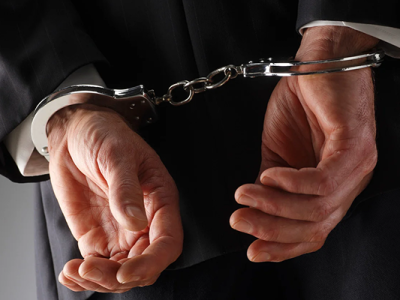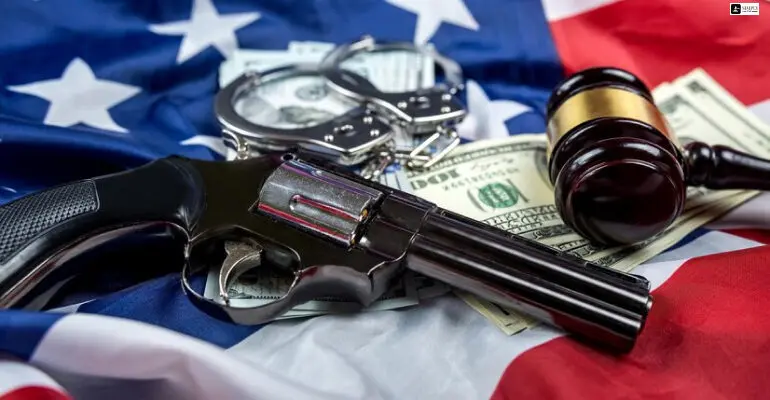
Today, we talk about the sub-topic under the broad category of US Gun Control Laws, aka Colorado concealed carry laws. Before we get into the details, let us find out what concealed carry truly means and what its origins are in the USA.
The Second Amendment of the USA Constitution gives all citizens the right to “keep and bear arms.” As an extension, laws that prohibit the carrying of concealed weapons came into force in Louisiana and Kentucky as early as 1813.
Slowly, adapting to the times, new gun laws developed across all states of the US. There were new and improved concealed carry laws that talked in detail about the requirements and limitations of carrying guns.
In This Article
Like many state-regulated topics, rules regarding Colorado Concealed Carry depend on the state laws. To understand more about the state (for example, Texas No Fault Divorce laws or Colorado motor vehicle laws), be sure to go through our articles!
Thus, in this article, we will discuss one such gun-specific state law, which is the Colorado concealed carry law. So, let us delve into it.
What Does Colorado Concealed Carry Mean?
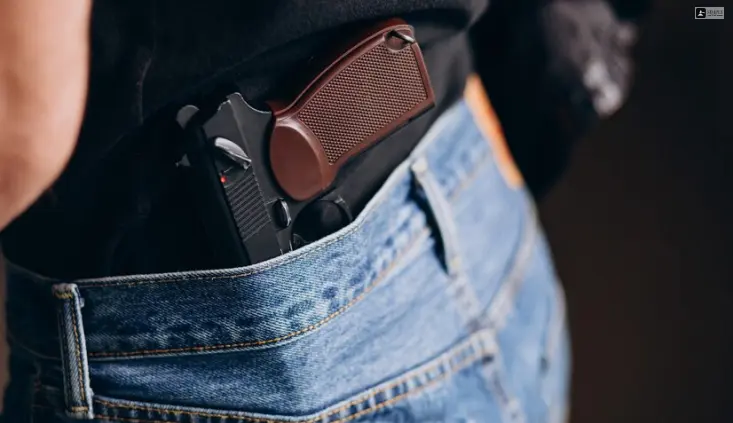
Be it Colorado Concealed Carry or New Jersey, “concealed carry” refers to when one carries a weapon in public in a concealed manner.
Weapon
The definition of “weapon” in legal terms means firearms.
So, according to the Colorado concealed carry laws, a “weapon” can be a firearm. This includes a portable gun, a handgun, pistols, or even revolvers. There may be other firearms on this list that can all discharge a projectile that hits a specific target.
Thus, if someone is carrying a weapon in public in a manner that does not allow others to see, it is concealed carry.
They may carry it on their person.
- A purse.
- Backpacks.
- Handbags.
Or even under their clothes.
Therefore, if a person carries a firearm in these manners from one place to another, it is what we call a “concealed carry”.
What Is The Colorado Concealed Carry, And How Did It Originate?
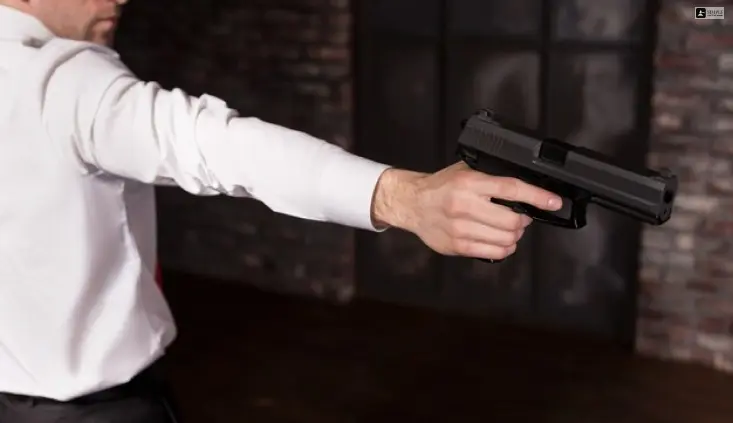
One thing that we can all agree upon is that laws weren’t always the same. They have evolved over time to best fit our needs. Back in those days, one could only openly carry one’s weapons for the purpose of self-defense. Not only was it an acceptable ground but also legal.
Later on, there came a development that would affect the future Colorado concealed carry laws. Open carry was publicly denounced as an action that only criminals participated in. Therefore, by the year 1859, the states of Indiana, Virginia, Tennessee, Ohio, and Alabama had all passed the same law.
Additionally, the nineteenth and the twentieth century saw the passage of similar laws. The states of Texas, Oklahoma, and Florida declared open carrying of a weapon to be illegal. This was quite contrary to the gun ownership and carry rights that citizens enjoyed earlier.
In the 1900s, almost all states of the U.S. had new concealed carry legislation in place. They banned citizens from openly carrying weapons completely. As of 2024, multiple licensing laws exist. Upon meeting these requirements, more and more states have legalized the “Constitutional carry.”
These allow one to carry weapons in a concealed manner, unrestricted.
What Does The Colorado Concealed Carry Law Say?
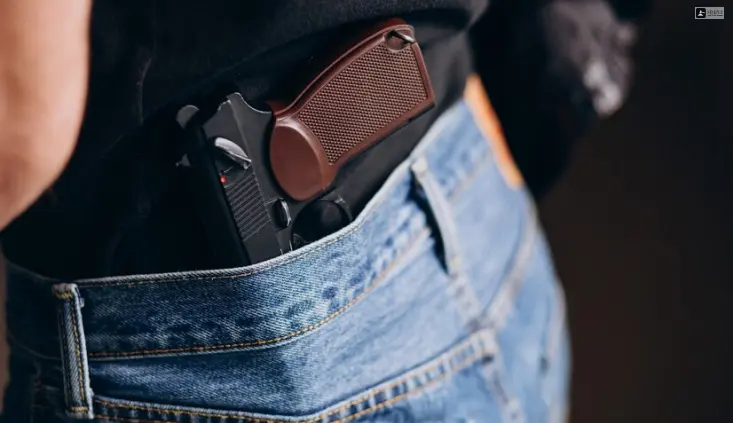
The Colorado concealed carry legislation makes it illegal to carry a concealed firearm. This prohibition extends to the following.
a. When the weapon is being carried on a person (without them having a valid permit).
b. When a person carries firearms/explosive devices in an area where the government has an office or works out of.
What Happens When One Violates The Colorado Concealed Carry Law?
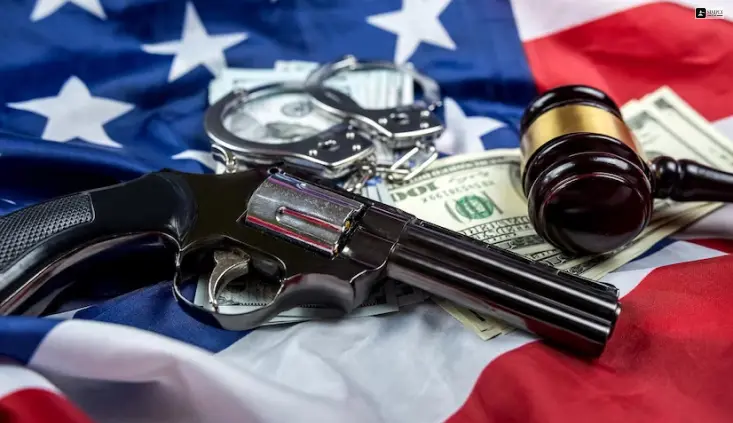
If one ends up breaking the Colorado concealed carry weapon law, it will classify as a class 1 type misdemeanor. So, what are the punishments for this type of offense?
- $1,000 in fine
- Prison for up to 364 days
- Either or both
Additionally, if the person violates the same concealed carry law again in the next 5 years, it will classify as a class 5 felony. The consequences for a second or subsequent offense may include up to three years in prison and a fine of up to $100,000.
What Exactly Is A Concealed Weapon Under The Colorado Concealed Gun Carry Laws?
According to the Colorado Concealed Carry Laws, a weapon is concealed when one carries it in a way that is not easily noticeable. Therefore, this definition excludes weapons that are partially hidden. Thus, if someone carries a gun openly in their hands or sticking out of their pockets, it no longer falls under the laws of concealed carry,
When Can One Legally Carry A Concealed Weapon In The State Of Colorado?
A person can legally carry a concealed firearm or other weapons in Colorado in the following conditions.
- The person carrying the weapon is in their own home, a place of their own business, or in any other property that they own and control.
- When the concealed carrying takes place in a private vehicle.
- When the person is carrying the weapon along with a permit.
- If they do not carry the weapon in prohibited or restricted areas.
- If this weapon is necessary for an activity. For example, for rifle shooting or fishing.
- When the person holds a job as an army or police personnel in the US or Colorado.
- When the blade of this knife does not pass 3.5 inches.
Moreover, a lot of the time, the criminal law of the state may dictate how the concealed laws will function.
How do you get a concealed carry permit in Colorado?
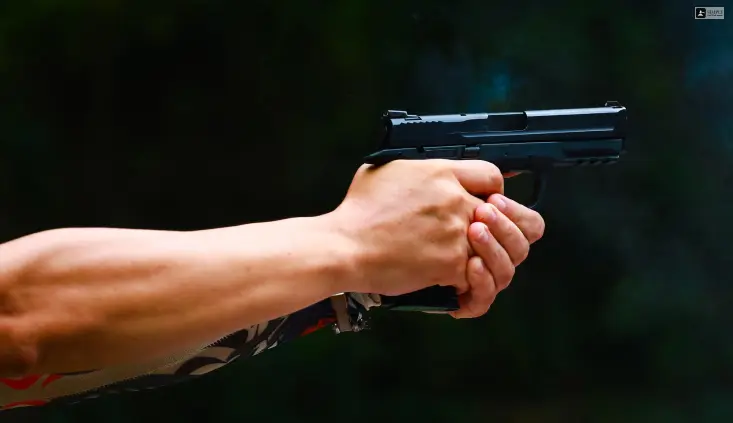
To get a Colorado concealed carry permit, you will need to submit an application stating the same to a state government-recognized body. Moreover, these bodies work in collaboration with the federal laws of the land. Hence, if your concealed carry permit is issued by a government or state that Colorado recognizes, consider your job done.
These permits are what we officially call the “CCW” and stay valid for about 5 years. After which you need to renew them.
To qualify for a CCW, you must be a resident of at least 21 years old and not have any legal restrictions preventing you from owning a firearm.
Overall, they may have to prove that they are eligible to hold and possess a firearm.
Additionally, you should not have been a convicted felon or be on probation.
What Constitutes As Eligibility to Possess a Firearm?
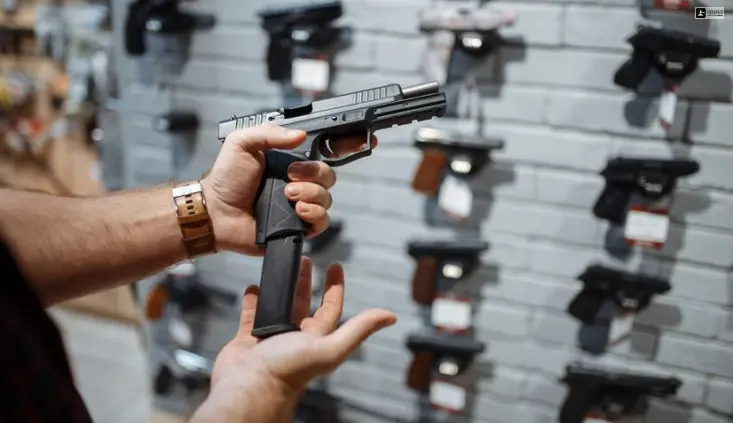
You are not legally prohibited from having a gun under state or federal laws.
No Perjury Conviction
You haven’t been found guilty of lying or providing false information on your permit application.
Alcohol Use
You don’t regularly drink so much that it impairs your normal abilities. This is, of course, unless a professional confirms you’ve refrained from alcohol for at least three years.
Controlled Substance
You are not illegally using or addicted to drugs under federal laws.
Protection Orders
You are not under a court order (permanent or temporary) that restricts your actions when applying for the permit.
Handgun Competence
You can show that you know how to handle a handgun by providing evidence. Thus, it can include participation in shooting competitions or current military service.
Certification as an instructor.
Honorable discharge from the U.S. armed forces with pistol qualifications.
Retirement from a Colorado law enforcement agency with pistol qualifications.
Lastly, completion of a handgun training class should take place within the last ten years.
Sheriff’s Discretion
Even if you meet all the requirements, the sheriff may deny your application if they believe. Therefore, it may be based on your past behavior. Otherwise, giving you a concealed handgun permit could be dangerous to yourself or others.
Lastly, according to CCW Permits Terminology, concealed carry permits are also known as concealed handgun permits (CHP).
How To Get Concealed Carry In Colorado?
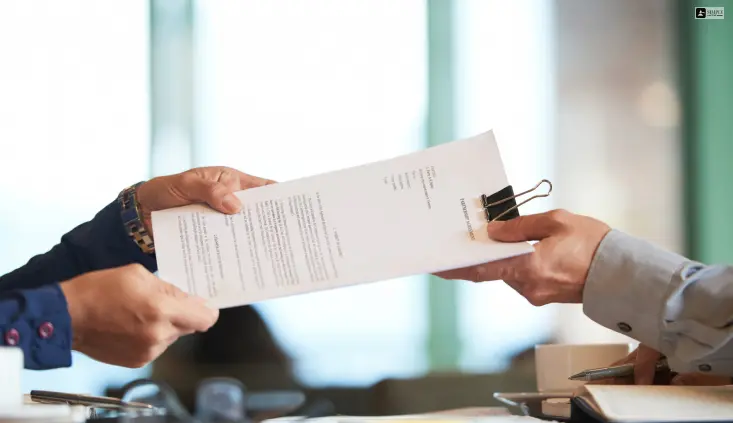
To get a concealed carry permit (CCW), go to your local sheriff in the county where you live or have property for business.
The application fee is up to $100. There’s an extra fee for the Colorado Bureau of Investigation (CBI) background check and fingerprints, paid by money order or cashier’s check.
Application Process Details
Fill in the application with your full name, birth name, date of birth, addresses for the past ten years, and any other names you’ve used.
Provide info about your Colorado residency, including a valid driver’s license, state ID, or military order proving residence.
Lastly, you can confirm if you meet the permit criteria mentioned earlier.
Submitting Your Application
Hand in your completed application in person to the sheriff. Sign it in front of an authorized employee. Moreover, you might be able to mail it with a notarized signature but check first.
Important Warnings
Be truthful in your application. If you knowingly lie or omit important information, your application can be denied, and you might face perjury charges.
Additional Requirements
Provide a full set of fingerprints, which the sheriff took. Therefore, you may need to show evidence of handgun competence.
Include a recent color photo of your head, measuring 1 1/8 inches wide and 1 ¼ inches high, taken within the last 30 days.
Submit a valid Colorado driver’s license or military photo ID for verification.
Emergency Permits
If you urgently need the permit, you can apply for a temporary emergency permit.
Processing Time
The information doesn’t mention how long it takes to get a concealed carry permit, so you may want to inquire about that specifically.
To Conclude
To use your concealed carry permit, you need a color photo of yourself on it. Always carry both the permit and a state-issued photo ID when you have a concealed handgun.
If a law enforcement officer asks, you must show both. Not having them could result in a fine of up to $300 and/or up to 10 days in jail. However, if you show a valid permit and ID before your court appearance, the charges will be dismissed.
Having a concealed handgun permit doesn’t mean you can ignore Colorado’s law on carrying concealed weapons. This law prohibits carrying a concealed handgun in specific places. For example, federal firearm-restricted areas and public schools. This applies unless you’re an armed security officer or the school is legally used for hunting or shooting sports or other places. Therefore, you must be aware of these restrictions to stay within the law.
Read Also:


